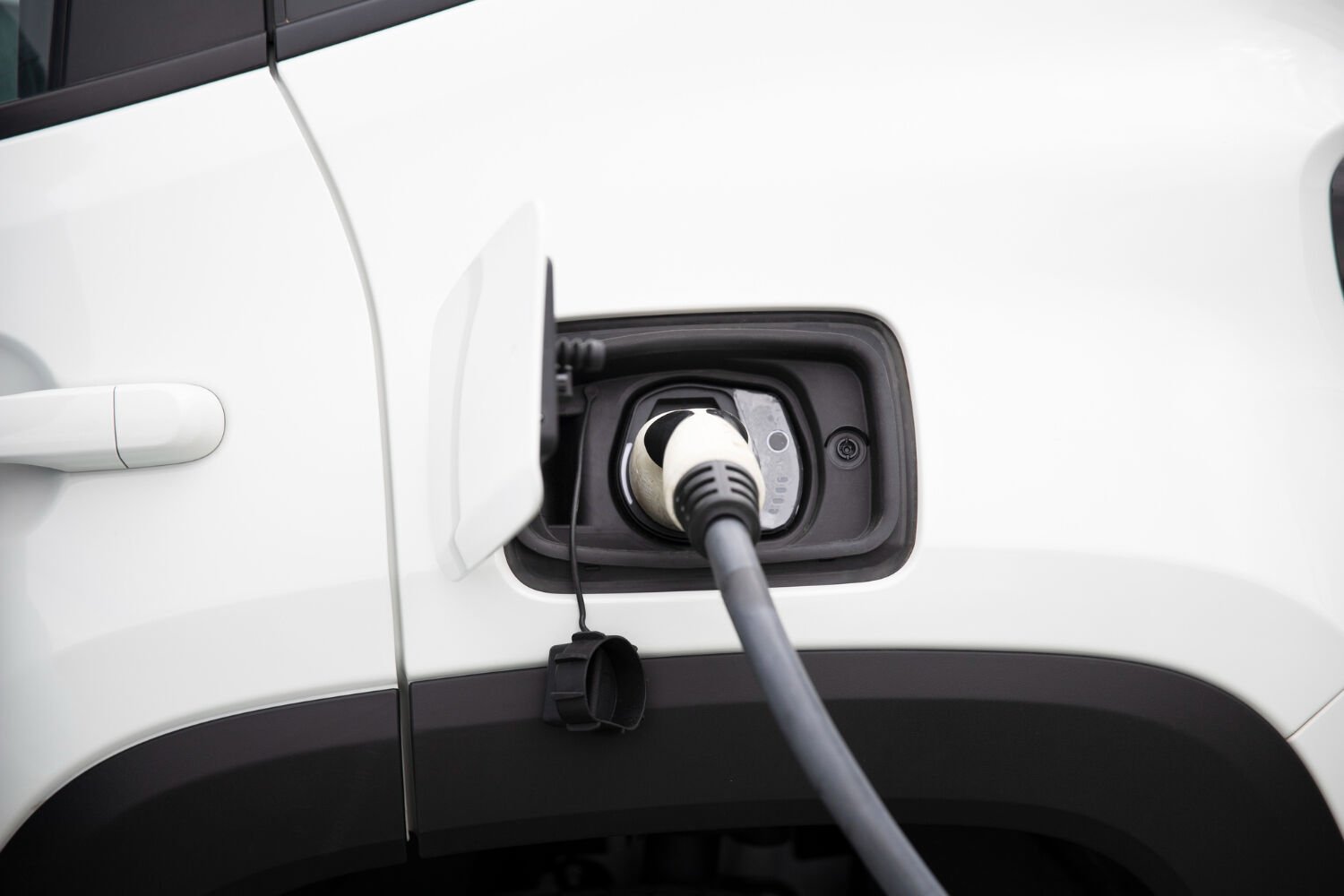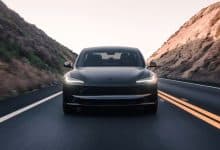Electric car sales to surge by 2024 despite economic challenges

The International Energy Agency (IEA) predicts a robust growth in the sales of electric cars in 2024, despite economic challenges in certain markets. Key driving factors for this surge include affordability and the development of charging infrastructure.
The IEA estimates that electric car sales will reach 17 million this year, a boost from 14 million the previous year.
This indicates that more than one-fifth of the global car sales are projected to be electric, thereby challenging the oil demand for road transport. China is expected to be the biggest consumer, with a predicted sale of 10 million electric vehicles.
Despite concerns regarding tight profit margins, volatile prices of battery metals, high inflation rates, and the withdrawal of purchase incentives in some countries, the global sales data remains solid, says the Paris-based energy watchdog in its Global Electric Vehicle (EV) Outlook.
The sales in the initial quarter of this year observed a 25% increase compared to the same period the previous year.
Notably, the purchases in the first quarter were equivalent to the total sales for the entire year of 2020.
However, the share of electric cars in total purchases is predicted to vary significantly across different regions. In the United States, it’s anticipated to be one in nine vehicle purchases, one in four in Europe but nearly half in China.
The IEA points out that the uptake in Europe is constrained due to an overall weak outlook for passenger car sales and the withdrawal of subsidies in some countries.
The affordability in comparison to conventional vehicles is crucial to the growth of the sector. In Europe and the United States, internal combustion cars remain more affordable than their electric counterparts, while in China, around two-thirds of electric cars sold last year were cheaper than their traditional equivalents, said the IEA.
“Electric cars are generally getting cheaper as battery prices drop, competition intensifies, and carmakers achieve economies of scale.”
However, in some instances, prices have stagnated or slightly increased between 2018 and 2022, after adjusting for inflation.
The IEA also highlights the significant challenge posed by the need for enhanced charging infrastructure. To meet the growing demand, charging networks need to expand by six times by 2035.
Latest Thailand News
Follow The Thaiger on Google News:


























